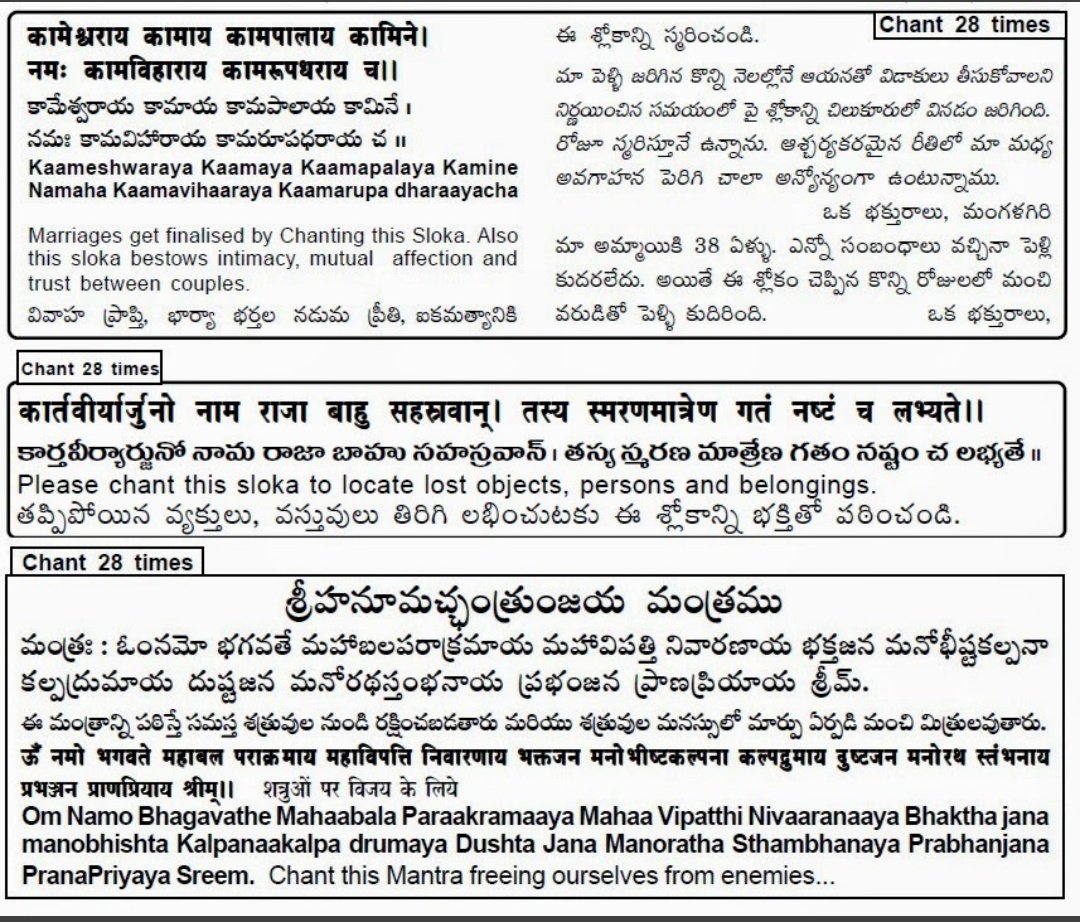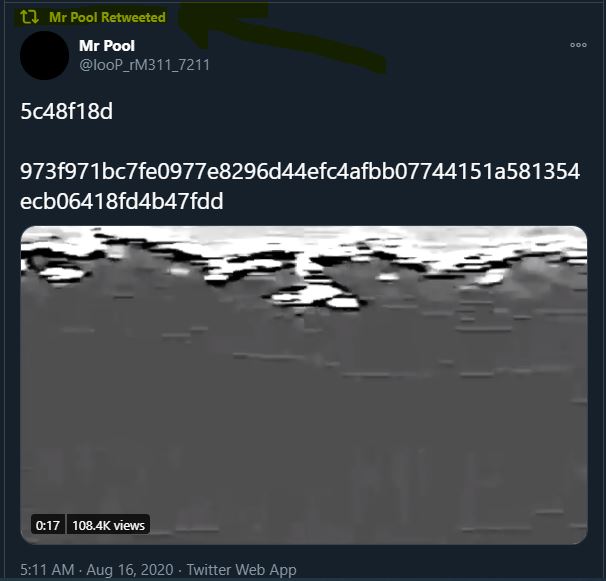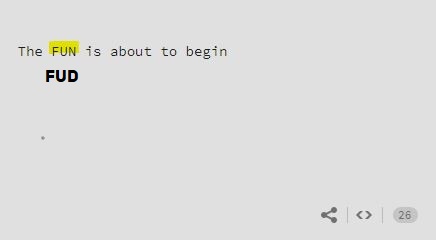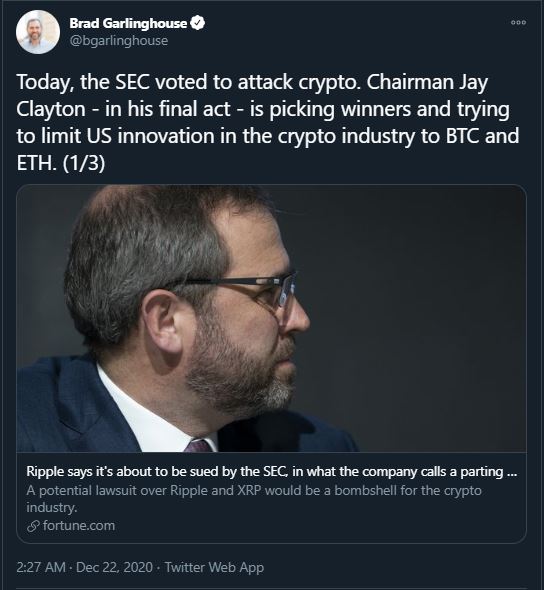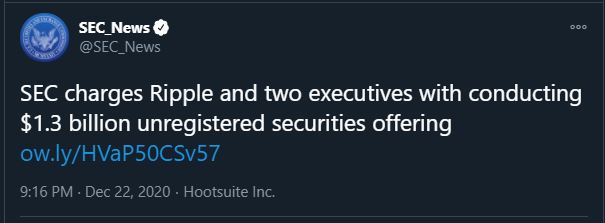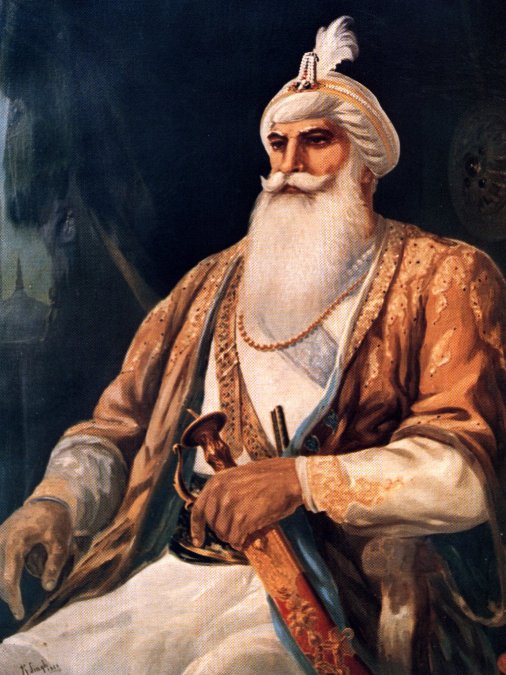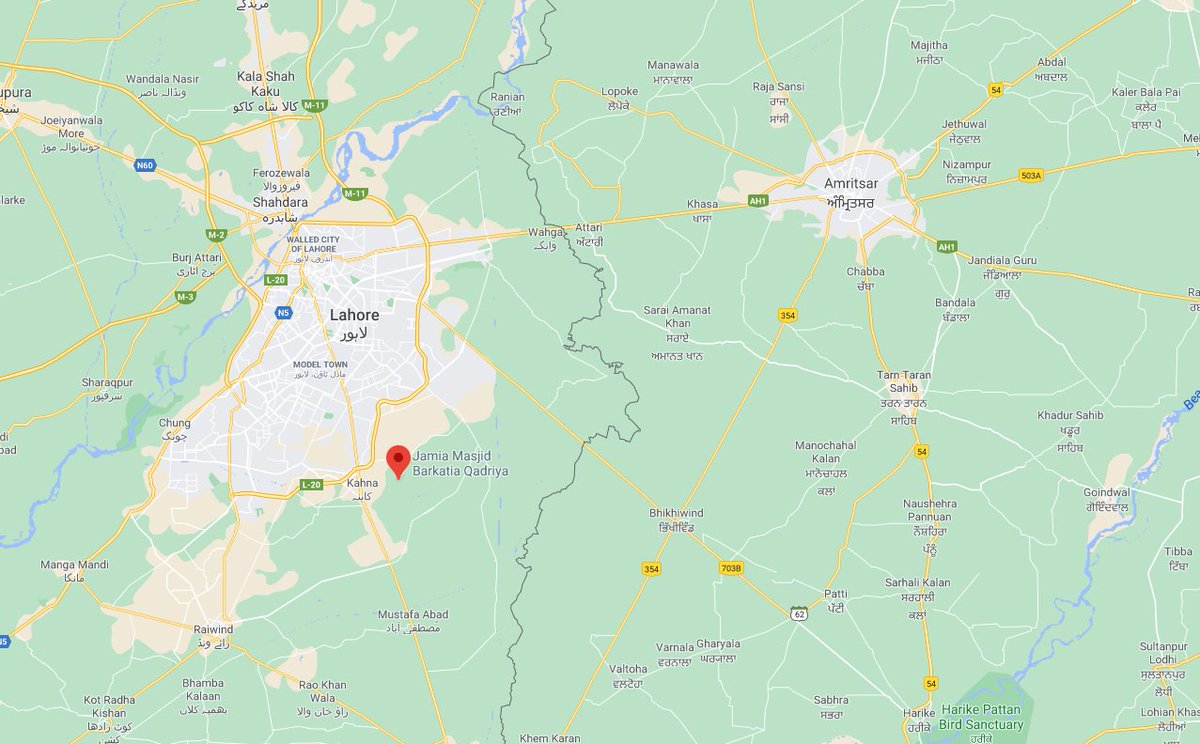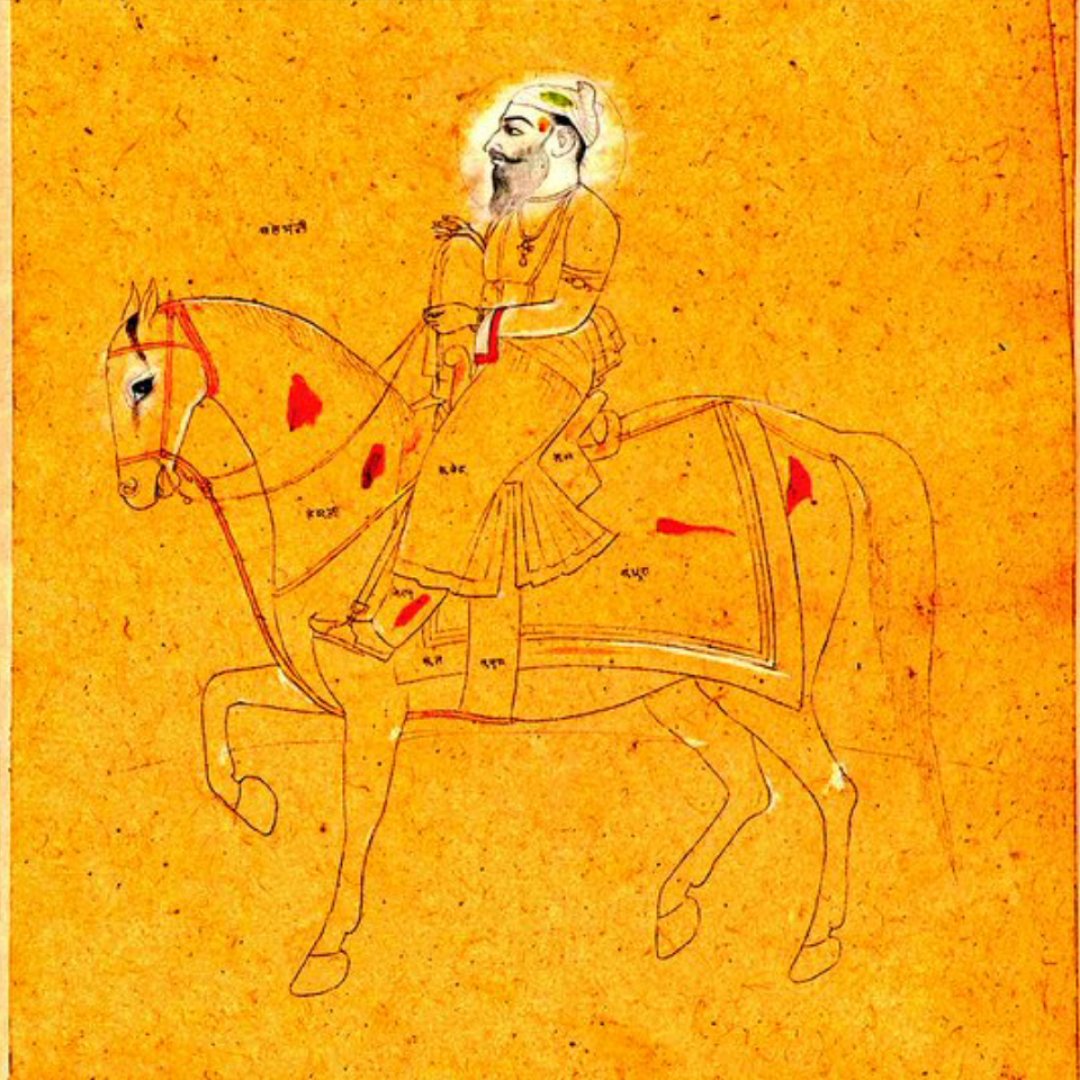Those who say the pardon power is unreviewable aren't just wrong, they *know* they're wrong. The Pardon Clause makes explicit that Congress has standing and a cause of action if the power is used to obstruct an impeachment. So the power is definitionally reviewable by the courts.
Moreover, if the grant of a pardon is itself a high crime or misdemeanor, it creates an irresolvable conflict between the Impeachment Clause and the Pardon Clause that only a federal court can resolve—making a pardon reviewable in that scenario too. That's the situation we're in.
Moreover, if a pardon constituting an abuse of power is issued so late in a presidential term it can't be remedied via the normal means—impeachment—it becomes impermissibly non-justiciable, and thus immediately reviewable by a court. That also happens to be the current situation.
Moreover, if a pardon constitutes the actus reus in an ongoing crime, the pardon itself can't pardon the ongoing crime—and therefore becomes legally inert and inoperative, as the pardoned party can still be prosecuted. That also happens to be the situation we're in right now.
Moreover, the matter of standing is technically immaterial with respect to challenging a pardon—as the subsequent administration can indict the pardoned individual, bringing the case into court and forcing the *individual* to raise the pardon as a defense. Then it gets litigated.
Tonight we had conservative lawyers assuring us that pardons are an unreviewable plenary power. It took me minutes, here, to establish 5 scenarios in which that's untrue. There are others. This is a novel situation; it requires active lawyering, not snark or lazy received wisdom.
Trump is an unparalleled, unprecedented national security threat. These pardons were intended to conceal that national security threat. It is comforting to listen to attorneys declaim set rules that are unvarying in every circumstance. But novel threats require creative thinking.
As a lawyer, were I to make a novel challenge to a pardon I'd not only brief the arguments above but also argue that a pardon intended to conceal a national security threat, abet sedition, or aid conduct akin to treason in a cyberwar violates the Oath of Office, and thus the USC.
If a lawyer who practiced criminal law in state jurisdictions can come up with six briefable lines of argument in an hour, imagine what a top SCOTUS litigator could do. Don't tell me there's no point challenging this. If it's the right thing to do, it's worth the risk of failure.
This is especially true because these men can continue to assert their right against self-incrimination so long as they have an attorney willing to represent that they have a justifiable fear of *state* charges. And even if compelled to speak, they can maintain their prior lies.
At stake now is if the nation will ever have justice for the most concerted attack on American democracy and rule of law in our history. This isn't an academic question—it can't be swept under the rug by pundits or blithe proclamations by lawyers who haven't thought this through.
In a novel, dire case—a matter of first impression—and moreover in a barely litigated field (the Pardon Clause) the burden isn't to explain why a challenge is impossible but to somehow prove that the bases for challenge I've offered are not in good faith or (moreover) reasonable.
(PS) A lawyer elsewhere asked about double jeopardy. While someone like Flynn can't be recharged with what he's already been charged with to force him to raise pardon as a defense, we're talking about preemptive pardons here—so nearly all the potential charges were never brought.
(PS2) The main dispute I've seen any lawyer have with this legal analysis is that they construe the Pardon Clause narrowly: the Framers only created the impeachment exception to mechanistically prevent POTUS from issuing a pardon in an impeachment proceeding. That's disingenuous.
(PS3) Constitutional interpretation is not statutory interpretation, inasmuch as the broad intent of the Framers takes a much greater position in the jurisprudence. The impeachment exception exists to ensure that Congress's impeachment powers *will not be impeded* by a president.
(PS4) We can't read the impeachment exception like it's a statute instead of our nation's founding document—intended to establish principles of governance, not just causes of action. The impeachment exception becomes *meaningless* if a pardon can be used to impede an impeachment.
(PS5) Reading the United States Constitution as though it were a mere state statute with no desire to erect principles of governance is textbook bad lawyering—but the arrogance with which that reading is being offered in certain quarters on Twitter today is absolutely staggering.
(PS6) A less common objection—because it's nonsensical—I'm seeing in a few spots is that pardons are always unreviewable. Of course the impeachment exception—and Congress's standing in such instances—already blows that out of the water, so I don't know why we're still hearing it.
(PS7) The implicit weakness in these objections—never acknowledged—is we don't have prior litigation on these points, so to confidently say what courses of action are or aren't possible is pure speculation. As I said before, this is a novel case and should be approached that way.
(PS8) The objections to this thread I've seen are mostly ad hominem attacks and conclusory statements, with no serious analysis of defects in the reasoning. I'm sure there are bases for dispute—this thread was intended start a conversation—but I'm not seeing the conversation yet.
(PS9) These pardons made history—presenting novel questions that lawyers haven't seen before in over 200 years of American jurisprudence. Any lawyer who took a matter of *minutes* to decide there's *nothing* we can do about them is not the lawyer you want in your corner in court.
(PS10) This thread was intended to start a conversation about how innovative lawyers can start to push back on criminal actions by a POTUS the likes of which we've never seen before. As I noted, Supreme Court litigators would have to pick it up from here. I dearly hope they will.










